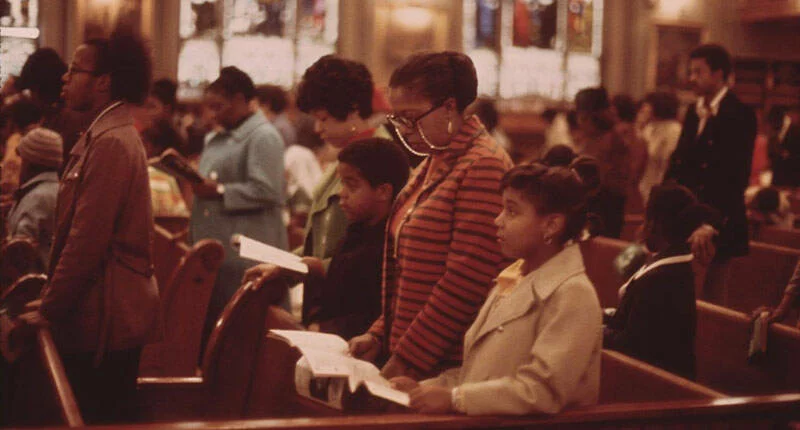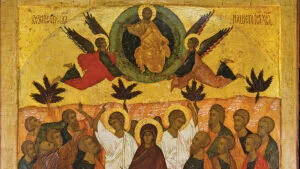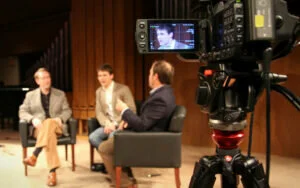What is the black church? As I mentioned in my previous post, “The Church as Channel of Jubilee,” this question was formulated while at the Black Church Studies conference convened at Princeton Theological Seminary earlier this month. Admittedly, this question (and two others to be pursued in future weeks) was not new for me, but the discussions during the sessions brought it to the forefront of my mind. I want to pursue further that question–What is the Black Church?
Although the revisiting of the question was stimulated by the conference, there are at least three other constant stimuli to the question. The first and second that I will mention are historical and contemporary issues. The third, and the one that will be given most attention, is more experiential. Throughout this question, and at the center of my belief that the church is to be a “channel of Jubilee,” is my conviction both that who we are affects what we do and that part of the distinctive of the African American experience must be understood in our facilitiating of reconciliation, forgiveness, etc. The pursuit, in short, is inspired by the challenge to be channel of jubilee.
A Intellectual Prelude: The Black Church in Context
The first stimulus is simply an interest in the historic Black church in terms of both the history of doctrine and the challenges to effective ministry posed by the complexities of black existence which included the pervasive presence of racism. The second is intimately related to the first, but arising from an issue debated in the contemporary scene: Should the Black church’s mission be more structurally liberative, or focus on the personal salvation of individuals through the gospel of Jesus Christ? Was James Cone, for example, correct when he wrote: “Like white churches, black denominations that ignored the liberation of the poor as their central message were not the people of God but rather the agents of the anti-Christ” (My Soul Looks Back, 66). Perhaps the mission should be both, but is this a sustainable balance?
An Existential Postscript: Race, God, and the Church
The final stimulus was personal memory of my church upbringing. The “prejudice” of white people was sometimes brought up in Sunday school classes by my peers as I was growing up. It was truly remarkable that more was not mentioned by adults because they comprised the working class among the members. These were the people that came up from Alabama and Georgia during the late 1930’s and the 1940’s to find work and build a life in Binghamton, NY and the surrounding area. These people would encounter the more cloaked manifestations of racism in the local sociocultural setting. What did I hear from my family, the deacons, and the church “mothers,” as well as Pastor George Brown stretching back to first grade?
“Boy, you’d better be good, especially in school!” “How are you doing in school?” “Keep up the good work!” “Watch out for who you hang out with!” “God works in mysterious ways and He will make a way for you if you act right.” Many times and from many people, I heard these words.
Sermons were engagements with the Bible, but often with moralistic tones. Drunkenness, illicit sex, adultery, lying, and gossip drew much attention. Of course, as in my own case, the instruction may go in one ear and out the other, but the concern for character development was a pervasive theme. More attention was given to civil rights concerns by the early 1960’s, but the call to a faithful walk before the Lord encompassing the ideals of good character were never forsaken during my time in the church.
The reality of the impact of race was not ignored in the church. There was simply the emphases on trusting God and living by His way that I remember most. It is possible that for a time, I was simply living in an ecclesial and sociocultural bubble if structural liberation was and is the true mission of the Black church.








Comments
Be the first one to make a comment!